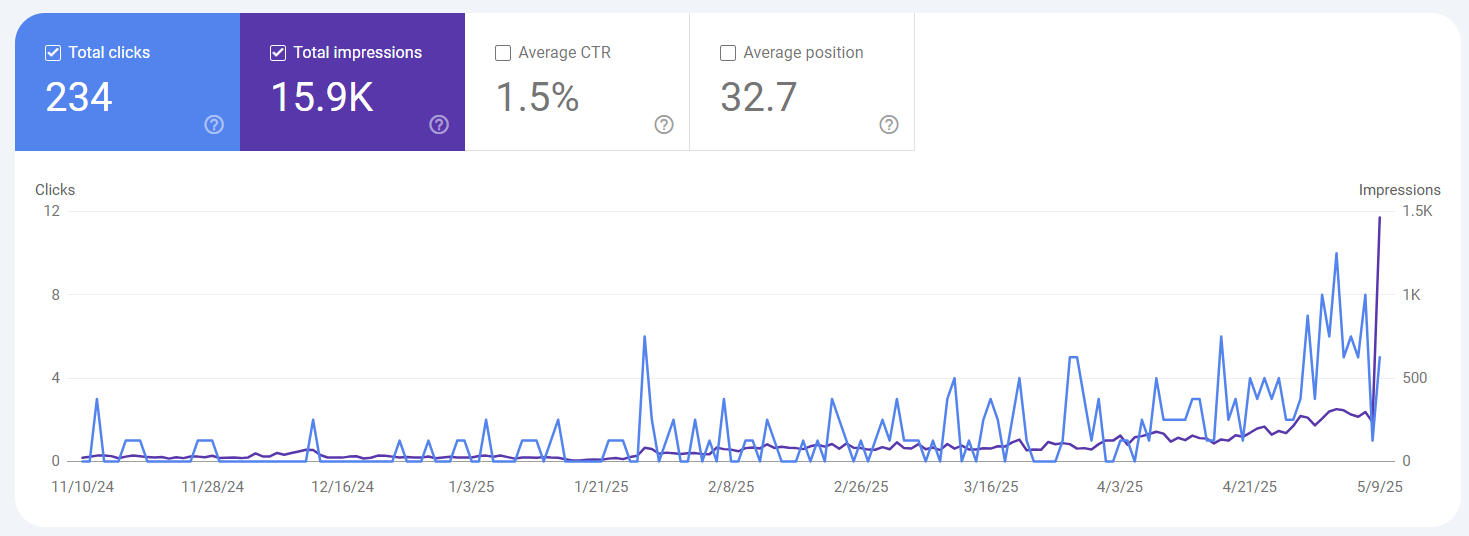How Much Do Facebook Ads Cost? A Breakdown of Agency Fees
In today’s digital landscape, the importance of effective advertising cannot be overstated. Whether you’re a small business looking to increase brand awareness or a large enterprise aiming to expand market share, having a company run your ads can be a game-changer. But, of course, this service comes at a cost. Understanding the pricing models and the value offered by these companies is crucial in determining if hiring an external firm to manage your ads is the right move for your business.

Understanding the Basics of Advertising Agency Costs
When you decide to outsource your advertising, the first question that typically comes to mind is, “How much will this cost me?” The answer isn’t straightforward, as pricing can vary significantly depending on several factors. Ad management companies offer different pricing models to suit various client needs and budgets. These models generally fall into three categories: flat fees, tiered pricing, and commission-based models. Additionally, the scope of services provided—ranging from simple ad placements to comprehensive marketing strategies that include CRM setup and lead nurturing—will also influence the overall cost.
Flat Fee Models: Simple and Predictable
One of the most common pricing structures is the flat fee model. This model is straightforward: you pay a fixed amount, and in return, the company manages your ad campaigns for a specified period, usually a month. Flat fees can be appealing due to their predictability. Businesses know exactly what they’ll be paying, which makes budgeting easier.
In flat fee models, the cost typically correlates with the ad budget you plan to spend. For instance, a company might charge $1,000 per month to manage a $10,000 ad budget. However, this fee could increase if you want additional services, such as ad creation, market research, or advanced analytics. Some companies also offer a flat fee that covers everything from setting up your ad accounts to designing and launching campaigns, which provides a one-stop solution for businesses looking to streamline their marketing efforts.
Tiered Pricing Models: Flexibility for Various Budgets
Tiered pricing is another prevalent model, particularly among companies that cater to a wide range of business sizes and budgets. In this structure, the management fee is determined by the size of the ad budget, with different tiers offering different levels of service.
For example, a company might offer three tiers:
Basic: $500/month for managing ad budgets up to $5,000.
Standard: $1,000/month for ad budgets between $5,000 and $20,000.
Premium: $2,500/month for ad budgets exceeding $20,000.
Each tier would offer a different set of services, with the higher tiers providing more comprehensive management, such as advanced targeting strategies, detailed analytics, and ongoing campaign optimization.
Tiered pricing is advantageous because it provides businesses with the flexibility to choose a package that aligns with their budget and advertising needs. However, businesses must carefully evaluate what’s included in each tier to ensure they’re getting the best value for their investment.
Commission-Based Models: Incentivizing Success
Commission-based pricing models align the ad management company’s incentives with your success. In this model, the company charges a percentage of the ad spend or, in some cases, a percentage of the revenue generated from the ads they manage. This model is particularly popular in performance-driven campaigns where the goal is to generate leads or sales.
For instance, a company might charge a 10% commission on your ad spend. If you have a $10,000 ad budget, the management fee would be $1,000. Alternatively, if the focus is on generating sales, the company might take a 15% cut of the revenue generated from the campaigns they manage. This structure can be highly motivating for the ad management company, as their earnings increase when they deliver better results for you.
However, businesses should be cautious with commission-based models, especially when revenue sharing is involved. It’s important to clearly define the terms, such as what counts as a sale or lead and how these will be tracked and verified.
Bundled Services: More Than Just Ads
The cost of having a company run your ads can also depend on the range of services they provide. Some ad management companies go beyond simple campaign management and offer a suite of services designed to maximize your return on investment. For example, a company might offer to set up a Customer Relationship Management (CRM) system for you. A CRM system helps manage and track leads generated from your ad campaigns, ensuring that potential customers are nurtured through the sales funnel.
Setting up a CRM system can be a significant undertaking, often requiring integration with your existing systems, data migration, and training for your staff. The cost for this service can vary widely, but it’s not uncommon for companies to charge a setup fee in the range of $1,500 to $5,000, depending on the complexity of your needs. Additionally, ongoing CRM management might be included in a higher-tier package or offered as an add-on service.
Another valuable service is lead qualification and nurturing. Many ad management companies will not only drive traffic to your website but also qualify the leads generated from these campaigns. Lead qualification involves assessing the potential customer’s interest and readiness to buy, ensuring that only the most promising leads are passed on to your sales team. This process can significantly increase the efficiency of your sales efforts and, ultimately, your bottom line.
For businesses with less experience or smaller teams, these bundled services can be invaluable. However, they come at a cost, and it’s essential to weigh the benefits against the additional expense. If the services offered align well with your business goals and reduce the workload on your internal team, the investment can be well worth it.
Choosing the Right Pricing Model for Your Business
Deciding on the best pricing model depends on several factors, including your ad budget, the complexity of your campaigns, and the level of service you need. Here are some key considerations:
Budget: If you have a small budget and want to keep costs predictable, a flat fee model may be the best choice. For larger budgets, tiered pricing might offer better value, especially if you need advanced services.
Performance Focus: If you want to incentivize the ad management company to deliver results, a commission-based model could be the way to go. However, make sure the terms are clearly defined to avoid any misunderstandings.
Service Scope: Consider whether you need additional services, such as CRM setup or lead nurturing. If these are important to your business, look for a company that offers bundled services, even if it means paying a bit more.
How to Evaluate the Costs and Benefits
When evaluating the cost of hiring a company to run your ads, it’s crucial to consider both the direct costs (such as the management fees) and the indirect costs (such as the time saved by your team). Additionally, think about the potential revenue increase from a well-managed ad campaign. A higher upfront cost might be justified if the company’s services significantly boost your sales or lead generation efforts.
It’s also important to look beyond the numbers and consider the company’s expertise, reputation, and track record. A cheaper service might save you money in the short term, but if the company lacks the necessary experience, it could cost you more in lost opportunities down the road.
Lastly, don’t be afraid to ask questions. A reputable ad management company will be transparent about their pricing and willing to explain exactly what you’re getting for your money. They should also be open to discussing how they’ve helped other businesses achieve their goals and what kind of results you can realistically expect. Want more content like this, or looking to work with an agency like us? Contact us today!
Sign up for our newsletter to receive actionable tips, industry insights, and exclusive resources to help you grow your contracting business. Plus, get a chance to get a free website demo built for you!



